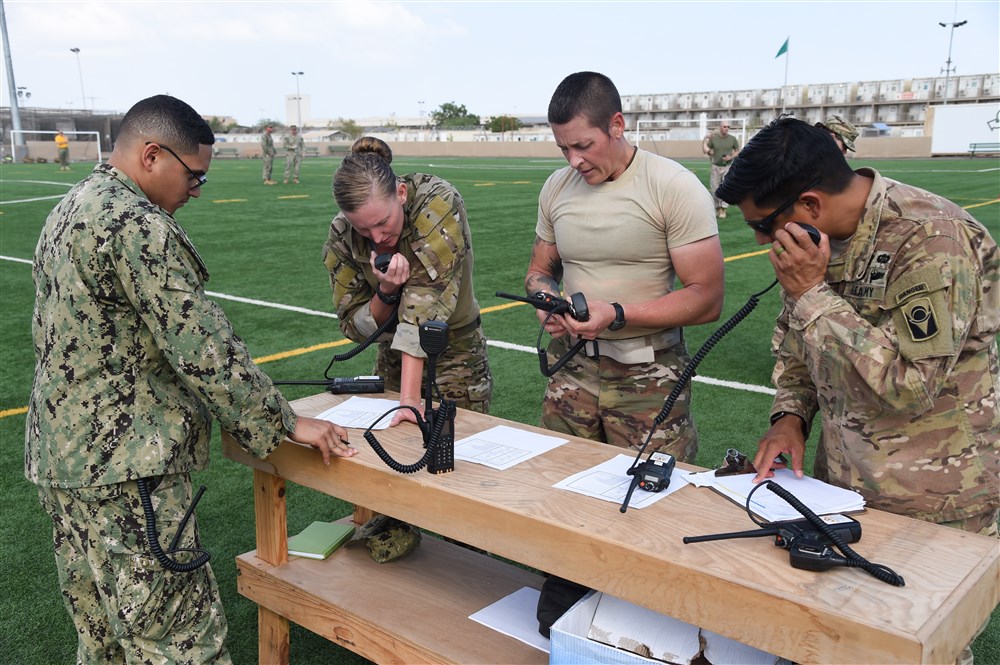
By Olakunle Agboola – There is an upsurge of foreign countries with military bases in Africa which ought to be a major concern for the African Union (AU) Peace and Security Council and President of states across the Africa continent. However, many African states are not much concerned that they are actively hosting foreign military bases.
A recent report stated that the Equatorial Guinea government is undergoing a concrete agreement with China to establish its first military facility in the Atlantic Ocean, which is a major problem for the United States. One could have asked for the major reason and motivation behind these foreign countries, among many others, scrambling to build military bases in Africa?
John Cole, the president of Leap Africa, a non-governmental organization that sees the development of Africa, said Africa is the second biggest continent globally and has become a hotspot for foreign military occupation primarily due to its proximity to the Middle East and Asia.
‘As of 2020, approximately 13 foreign countries have a military presence in Africa and a substantial one at that. The United States and France currently have the most troops on the continent with about 7,000 and 7,500 military personnel operating on a rotational deployment basis, respectively, followed by Japan, Belgium, Italy, Turkey, China, India, United Arab Emirates, Russia, the United Kingdom, Germany, and Saudi Arabia
Contrary to some beliefs, these foreign powers are not establishing their presence forcefully. Instead, African leaders are leasing their territories for financial enrichment. Therefore, many receive monetary compensation from the countries based on their territory. Countries such as Djibouti heavily rely on bilateral agreements that generate income for the government and allow China to establish their first base in Africa less than 10 miles away from the United States naval base camp’.
It might be difficult denying the fact that a conscious reason why there is a heavy foreign military presence in Africa is to oppose threats to international peace and security from terror groups such as al-Shabaab in East Africa and jihadists in Mali, and Boko-haram in West Africa. The United States, for example, uses its several military bases to conduct drone operations, training, and military exercises. In addition, these bases provide troops with facilities to re-fit and re-arm their warships.
And on the contrary, the rise of foreign military bases can be seen as an external environmental threat and is a breeding ground for tensions between the countries. China’s attempt to persuade the Equatorial Guinea government has ruffled some American feathers and raised concern. China’s expansion in Djibouti has instilled some fear in the Japanese and Indian camps, further emphasizing how the competition between these entities could, over time, create problems.
The AU has called for states to be wary of the growing foreign occupancy rate in their territories. The self-justifying nature of these countries is cause for concern and urgent response from the whole continent.
One would not be wrong in likening the moves made by foreign countries to secure various ports and bases, primarily for their benefit, with the Scramble for Africa. It certainly eerily mirrors how countries more potent than those in Africa in the late 1800s took parts of Africa for their selfish gain and played on the continent’s vulnerability and lack of economic strength. The rate at which these naval facilities are established and the already fully available number is alarming. It is an obvious reality that Africa is still suffering from modern-day imperialism masked as aid or partnership. It will only sink the continent further into the claws of imperialists seeking to expand their interests if nothing is done now to combat that possibility.
Kindly follow us on twitter:@AfricanVoice2










